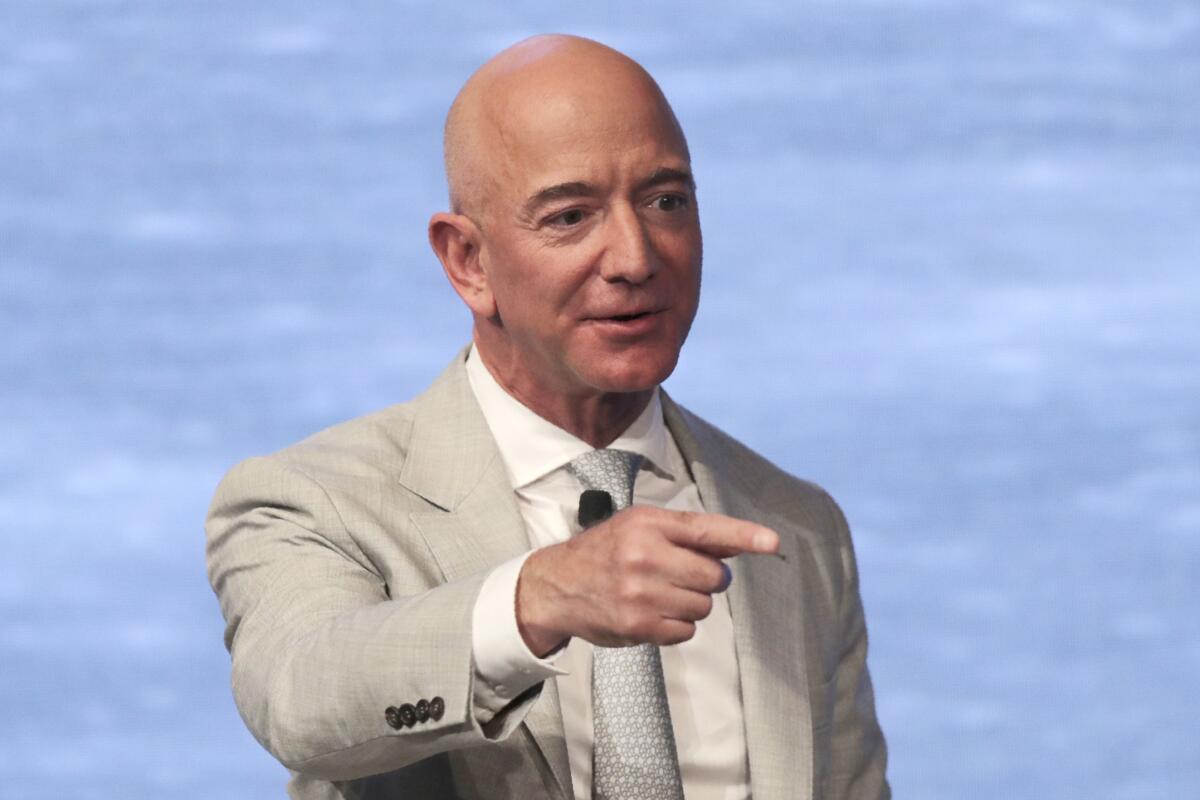Letters to the Editor: Why capping wealth at $20 million would be disastrous

- Share via
To the editor: I’d like to congratulate The Times for publishing the ultimate nightmarish, communist solution to wealth inequality. Republicans should be able to fundraise off philosopher Ingrid Robeyns’ call for a $20-million wealth cap for at least two generations.
Wealth inequality is indeed a problem, but Robeyns is undermining practical solutions that could be taken immediately. She so perfectly manifests the conservative caricature of an arrogant, elitist, condescending, anti-freedom, out-of-touch, ivory-tower academic, that the entire issue will be dismissed out of hand by many.
Robeyns’ $20-million maximum wealth figure is absurdly arbitrary and steeped in her own personal biases about what a person needs to live a “very good life.” All any person really needs is a daily allotment of 2,000 calories and water to stay alive. Everything beyond that is arguably a luxury.
Finally, casting the ultra-rich as destroyers of democracy whose personal wealth should be confiscated will only provoke additional political acts of self-preservation.
We should focus on passing legislation that mitigates the impact their wealth has on the democratic process, addresses unbalanced taxation and creates a system that encourages the ultra-rich to use their wealth in pro-social, altruistic ways.
Greg Seyranian, Redondo Beach
..
To the editor: My friends and I have long discussed the advantages to society that would come from putting a cap on household wealth, so it was with interest that I read Robeyns’ article.
Of course, it would not be easy either politically or practically to transform wealth into wages and taxes, but let’s indulge in some thought experiments.
In the 2023 fiscal year, the U.S. government spent about $6.13 trillion. The total wealth of the 400 wealthiest Americans, according to Forbes, was $4.5 trillion. So, 400 households are together worth more than two-thirds of what the government spends in a year. How much would it hurt those 400 to contribute more toward the needs of 340 million Americans?
Another mind game: Amazon founder Jeff Bezos’ wealth increased by nearly $6 billion per month last year. The average Amazon warehouse worker makes about $3,000 monthly.
If Bezos personally gave every one of Amazon’s 1.5 million employees a monthly raise of $500, it would cost him $750 million a month, and the average warehouse worker would go up to $3,500 a month.
Which of the two do you think would notice the change more?
Grace Bertalot, Anaheim
..
To the editor: Placing a limit on wealth would be the biggest impediment to creativity, entrepreneurship and innovation in history.
Saying that wealthy people are just lucky and can take no credit for their situation is totally dishonest. Companies like Apple and Hewlett-Packard were both started in garages and are now world leaders.
Those successes would not happen in Robeyns’ world. The U.S. would be one big stagnant, also-ran country dependent on the government for innovation.
During feudalism, people were born into their station and stayed there. At least now you have a choice.
Bill Toth, Studio City






